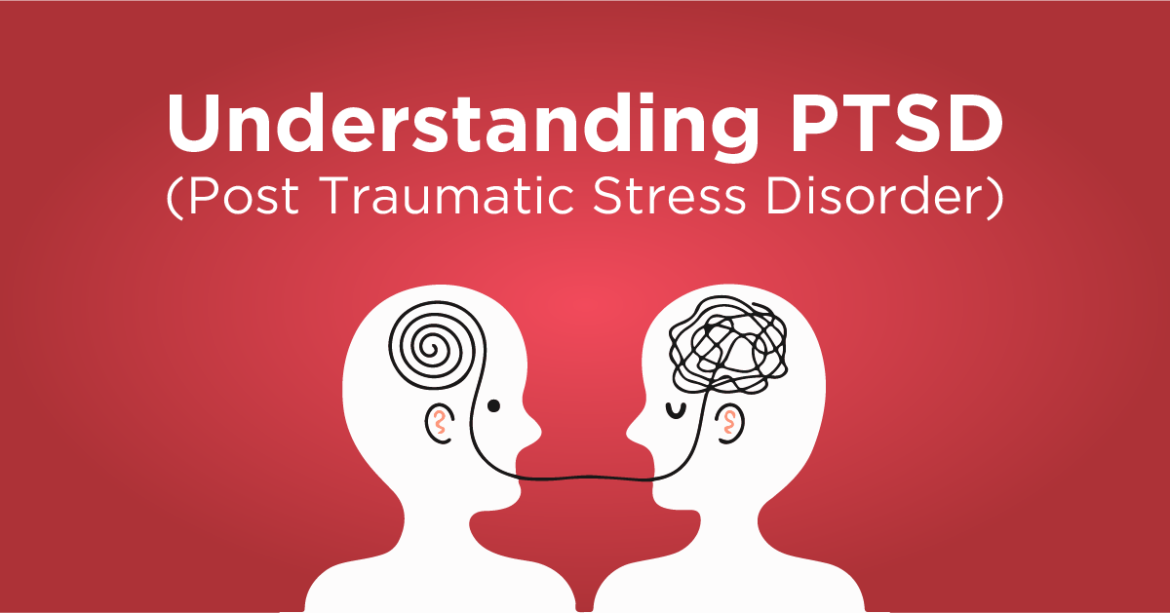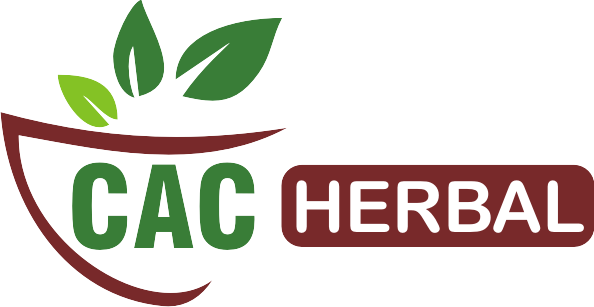
POST TRAUMATIC STRESS DISORDER
- 01 Nov, 2021
- Posted by admin
- 0 Comment(s)
ABOUT POSTTRAUMATIC STRESS DISORDER
- Posttraumatic stress disorder (PTSD) is a psychiatric (Mental) disorder characterized by failure to recover after experiencing or witnessing a terrifying event.
- Symptoms may include severe anxiety, depression, guilt, flashbacks, low self- esteem and nightmares as well as uncontrollable thoughts about the incidence.
TYPES OF TRAUMATIC EVENTS
The most common incidences that can develop Posttraumatic stress disorder (PTSD) are:
- bulling
- Combat exposure
- Sexual violence
- Medical trauma
- Physical abuse
- Terrorism and violence
- Being threatened with a weapon
- An accident
- Early Childhood physical abuse
COMPLICATIONS
Post-traumatic stress disorder can disrupt your whole life such as careers, relationships, health and everyday activities.
PTSD can also raise risk of some other psychiatric problems, like:
- Anxiety and Depression
- Eating disorders
- Issues with drugs or alcohol use
- Suicidal thoughts and actions
MANAGEMENT FOR POSTTRAUMATIC STRESS DISORDER (PSTD)
The most effective treatments for PTSD (post-traumatic stress disorder) are medicines and psychological therapies.
-
PSYCHOLOGICAL THERAPY
Therapy is a first-line of treatment to cure people with Post-traumatic stress disorder (PSTD)
There are 3 main types of therapy a person with trauma could benefit
-
COGNITIVE PROCESSING THERAPY (CPT)
- Cognitive Processing Therapy (CPT) is based on a social cognitive theory that focuses on how the event or symptoms are construed and coped with by a person who is trying to regain a sense of mastery and control in his /her life.
-
EYE MOVEMENT DESENSITIZATION AND REPROCESSING (EMDR)
- EMDR stands for eye movement desensitization and reprocessing.
- Powerful, evidence-based management that can be used to help folks overcome, traumatic experiences, Post-traumatic stress disorder (PSTD), and more.
-
PROLONGED EXPOSURE THERAPY
- Prolonged Exposure Therapy is considered behavioral treatment that gradually approaches PSTD (Post-traumatic stress disorder).
- The aim of prolonged exposure therapy is to help reduce a person’s fear and anxiety and increasing quality of life.
-
MEDICATIONS
Anti-anxiety and antidepressant medications can help PSTD patients combat with symptoms of anxiety, depression, anger, insomnia and nightmares. Medications used to treat symptoms of Post-traumatic stress disorder (PTSD) are:
- Antidepressants
- Beta-blockers
- Monoamine oxidase inhibitors (MAOIs)
- Benzodiazepines
- Antipsychotics or second generation antipsychotics (SGAs)
A BALANCED LIFESTYLE
People with posttraumatic disorder can have difficulty to get enough sleep. However, relaxation, sleep and diet all play a role in mental health. Researcher suggests that a balanced living is significant for managing Posttraumatic stress disorder (PTSD) and in promoting good health. For Healthy living a person should try to:
- 7–8 hours good night sleep
- Eat a balanced diet
- Limit drugs and alcohol
- Relieve stress with help of enjoyable activities
- Regular physical exercise
- Relaxation therapy
- Healthy relationships
- Community involvement
-
AYURVEDIC APPROACH FOR POST-TRAUMATIC STRESS DISORDER –PTSD
According to Ayurveda science Manovikaras arising due to the initial impairment of the manasa (mental) doshas (rajas and tamas) and treated mainly with Psychiatric councelling (Satwawajaya chikitsa) coupled with secondary drug therapy.
Some Incredible Medhya herbs that are beneficial in PSTD include:
- Mandukaparni (Centella asiatica)
- Yastimadhu (Glycirrhiza glabra)
- Guduchi (Tinospora cordifolia )
- Shankhapushpi (Convolvulus pleuricaulis)
DIETARY MODIFICATION (AAHAR)
- Diet vastly affects the agni, tridoshas and the manas (mind).
- A wholesome healthy diet is essential for mental health and happiness.
- Food that vitiates vata in the body such as raw, uncooked food salads should be avoided.
- Instead spices such as cumin, garlic, cloves, black pepper and oils like ghee, sesame oil should be consumed.
- Include more of Madhura rasa (sweet) and Amla rasa (sour taste) to strengthen the Indriya (sense organ)
- These rasa positively influences the positive state of mind (satva).
LIFESTYLE MODIFICATION (VIHAR)
- Maintain a proper daily routine (Dinacharya) which helps in balancing vata.
- Wake up and sleep at the proper time.
- Focus on the needs of the body.
- Do light exercise and gentle, calming, and slow-paced Yoga asanas that are efficacious and helpful in management of post-traumatic stress disorder.
- Some Yoga asanas and pranayama are as follow –
- Shavasana (corpse pose)
- Bhramari Pranayama
- Paschimottasana (seated forward bend pose)
- Ardha matsyendrasana (half spinal twist pose)
Following Ayurvedic therapies are helpful to manage PTSD
SHIRODHARA
- Shirodhara, is a procedure in which medicated or buttermilk are drippedl over the forehead in a slow, steady stream.
- It helps in relaxing and calming the senses (indruya) and also supports normal functioning of mind and body.
- Shirodhara gives you a sense of tranquillity.
- This process balances Vata dosha, clears Srotas (energy channels) and the continuous pouring of oil brings a sense of deep relaxation by working on vital energy point (Marma) and removing sensory overload.
ABHYANGA (oil massage)
- Abhyanga, is highly beneficial in balancing vitiated Vata dosha in your body.
- In Ayurveda as it ensures optimal strength to senses and rejuvenation.
- Oil massage provides a complete relaxation of the body and mind and it can be of immense use in PTSD.
- Regular body massage with CAC’s Mahanarayan oil, that is a unique combination of naturally occurring Vata-pacifying herbs such like Bala, Licorice, Ashwagandha in a base of sesame oil.
- Mahanarayan oil has refreshingly light and nourishing properties.
- This oil is also an amazing recipe for relief from fatigue and stress, thus makes one feel energized.
Bio-purification methods such as Snehana karma (oleation), Svedana karma, Basti (Medicated enema) and Nasya (nasal medication) may be helpful in conditions of post-traumatic stress disorder.
